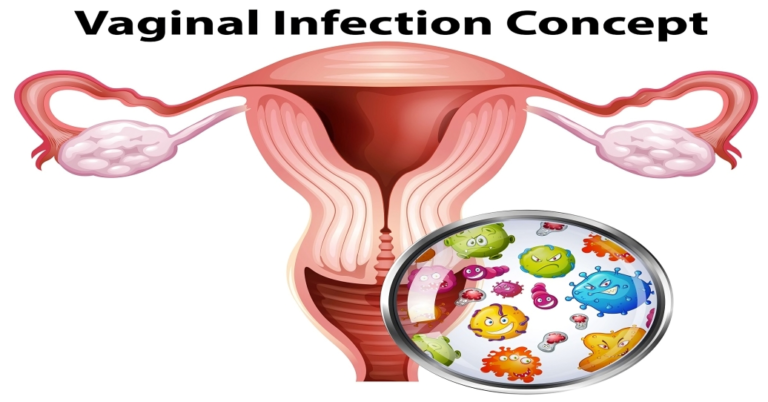Sexual Health Education And Prevention Of Vaginal Infections
Sexual health education plays a pivotal role in empowering individuals to make informed decisions about their bodies and relationships. Among the various aspects of sexual health, understanding vaginal infections and their prevention is essential for maintaining overall well-being. Vaginal infections, though common, are often misunderstood and stigmatized, leading to discomfort and potential health risks if left untreated. In this article, we delve into the significance of sexual health education in preventing vaginal infections and promoting holistic well-being.
To Know More About It Please Click Here
Understanding Vaginal Infections
Vaginal infections encompass a range of conditions caused by bacteria, fungi, viruses, or other pathogens. Common types include bacterial vaginosis, yeast infections (candidiasis), and trichomoniasis. These infections can cause symptoms such as abnormal vaginal discharge, itching, burning sensations, and discomfort during urination or intercourse. While some infections may resolve on their own, others require medical intervention to prevent complications and recurrence.
Importance of Sexual Health Education
Sexual health education serves as a cornerstone in promoting healthy attitudes, behaviors, and relationships. Comprehensive education empowers individuals to understand their bodies, recognize signs of infection, and adopt preventive measures. By fostering open communication and dispelling myths surrounding sexual health, education reduces stigma and encourages proactive healthcare-seeking behaviors.
Key Components of Sexual Health Education
- Anatomy and Physiology: Understanding the anatomy and physiology of the reproductive system, including the vagina, cervix, and vulva, provides a foundation for recognizing normal and abnormal changes.
- Infection Awareness: Educating individuals about the causes, symptoms, and transmission modes of vaginal infections facilitates early detection and prompt treatment. Emphasizing the importance of regular screenings encourages proactive health management.
- Safe Sex Practices: Promoting the use of barrier methods such as condoms during sexual activity reduces the risk of sexually transmitted infections (STIs) and prevents the spread of pathogens associated with vaginal infections.
- Hygiene Habits: Teaching proper hygiene practices, such as avoiding douching and using gentle, pH-balanced cleansers for intimate care, helps maintain the natural balance of vaginal flora and reduces the likelihood of infection.
- Healthy Relationships: Addressing topics related to consent, communication, and mutual respect fosters healthy relationships and reduces the risk of exposure to STIs and other infections.
Preventive Strategies for Vaginal Infections
- Practice Safe Sex: Consistent and correct use of condoms during vaginal, oral, and anal intercourse reduces the risk of STIs, including those causing vaginal infections.
- Limit Sexual Partners: Limiting the number of sexual partners and choosing partners who prioritize sexual health minimizes exposure to infectious agents and reduces transmission risk.
- Regular Screenings: Routine screenings for STIs, including HIV, chlamydia, gonorrhea, and syphilis, are essential for early detection and treatment, thereby preventing complications and transmission.
- Maintain Hygiene: Adopting hygienic practices, such as washing the genital area with mild soap and water, wearing breathable cotton underwear, and avoiding tight-fitting clothing, helps maintain vaginal health and prevents infections.
- Avoiding Irritants: Minimizing exposure to potential irritants such as perfumed products, harsh chemicals, and excessive moisture reduces the risk of disrupting the vaginal microbiota and triggering infections.
Conclusion
Sexual health education plays a vital role in promoting awareness, empowerment, and prevention. By equipping individuals with knowledge, skills, and resources, education empowers them to make informed decisions, practice safe behaviors, and prioritize their sexual and reproductive health. Embracing a holistic approach that addresses biological, psychological, and socio-cultural aspects of sexual health fosters a supportive environment conducive to well-being and fulfillment. Through ongoing education and advocacy, we can work towards creating a society where sexual health is valued, respected, and safeguarded for all.
Also, Follow us on Instagram







